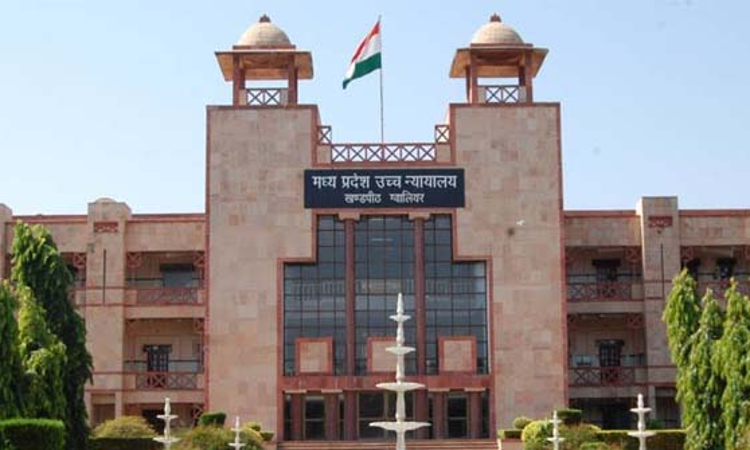Post Expiration Of Probation Period, Automatic Confirmation Cannot Be Claimed As Matter Of Right: Madhya Pradesh High Court
Shruti Kakkar
9 Aug 2021 9:22 PM IST

The court noted that a government employee could not be permitted to remain on unauthorized absence without informing the Department and specifically when he was a Constable in SAF.
Next Story


